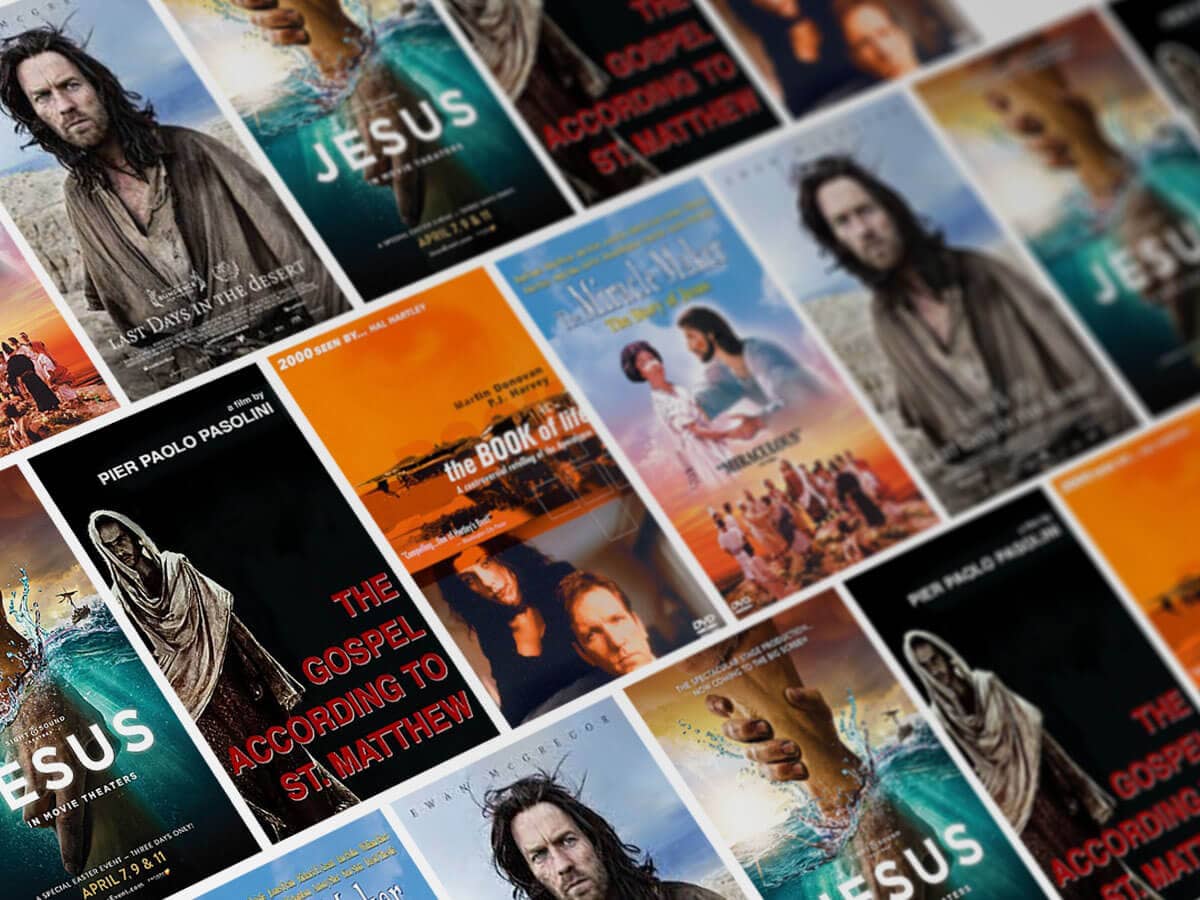 George Lucas says that in creating Luke Skywalker and the six-part "Star Wars" saga he was inspired by the work of Joseph Campbell, whose book "Hero with 1,000 Faces" describes the myths that resonate throughout all cultures and religions. Near-universal themes that he incorporated into the stories include the reluctant hero who is "chosen" to save his people and the retreat into the (highly metaphorical) forest to gain the skills and strength and vision that are necessary to accomplish his mission. The concept of "the Force" is described by Obi-won Kenobi as "an energy field created by all living things. It surrounds us and penetrates us. It binds the galaxy together." That is perhaps the most explicitly spiritual aspect of the films. The suggestion that the mother of the child who will grow up to become Darth Vader became pregnant without the involvement of a father is the most controversial. The issues of good vs. evil, the power of faith, and the hope for redemption touch our deepest spiritual longings and are the reason for the legendary status the "Star Wars" series has achieved.
George Lucas says that in creating Luke Skywalker and the six-part "Star Wars" saga he was inspired by the work of Joseph Campbell, whose book "Hero with 1,000 Faces" describes the myths that resonate throughout all cultures and religions. Near-universal themes that he incorporated into the stories include the reluctant hero who is "chosen" to save his people and the retreat into the (highly metaphorical) forest to gain the skills and strength and vision that are necessary to accomplish his mission. The concept of "the Force" is described by Obi-won Kenobi as "an energy field created by all living things. It surrounds us and penetrates us. It binds the galaxy together." That is perhaps the most explicitly spiritual aspect of the films. The suggestion that the mother of the child who will grow up to become Darth Vader became pregnant without the involvement of a father is the most controversial. The issues of good vs. evil, the power of faith, and the hope for redemption touch our deepest spiritual longings and are the reason for the legendary status the "Star Wars" series has achieved. The Indiana Jones series was designed to be pure popcorn pleasure, all about the stunts--but it is no accident that the most successful two of the three films center on the search for religious artifacts of transcendent meaning. In the first film, "Raiders of the Lost Ark," Adolph Hitler is trying to assemble the most powerful symbols and relics of the world's religions. Indiana Jones tries to rescue the "lost ark of the covenant," a container whose specifications and contents are ordered by God in the book of Exodus. He is successful, however, only because the Nazis' blasphemy in opening it leads to their destruction. In the third film, "Indiana Jones and the Last Crusade," the search is for that great symbol of all epic quests, the Holy Grail, the cup Jesus used at the Last Supper. Again, divine intervention at the crucial moment--and Jones's wisdom in understanding that a simple man who lived in poverty would not drink from a gold chalice covered in gems--ensures the right result.
Less explicitly spiritual, but for me every bit as moving, is "American Graffiti," based on Lucas's teenage years. Taking place all on one night, each of the main characters has to make a difficult decision and each of them takes a major step toward growing up.
The values that Lucas conveys in his films--honor, integrity, a dream of healing the world--are very much a part of his life. His Edutopia project brings innovative ideas in education to schools throughout the country, making it possible for teachers to find out about the best new programs nationwide and bring them to their communities.
When he received the American Jewish Committee's lifetime achievement award in 2000, George Lucas described his values: "I spend a great deal of my life concerned about education that will hopefully teach people to be compassionate and wise in their relationships with other people. That's one of the answers to the problems of mankind. We have a gift that God has given us, and that's our brain. If we use it, we can accomplish almost anything. But we must use it in ways not only intellectual, but also emotional. And we must advance equally in our emotional lives as in our intellectual ones."


